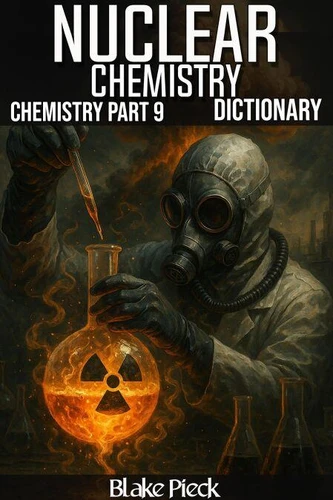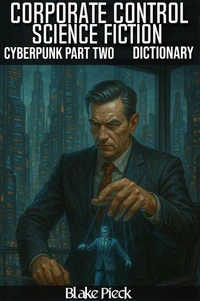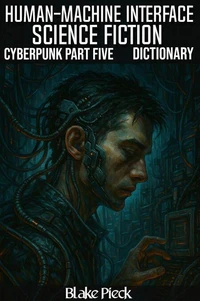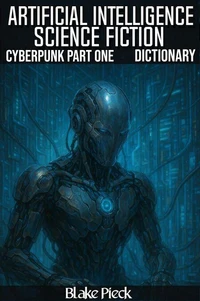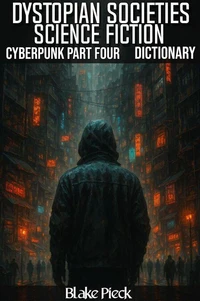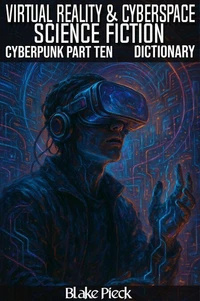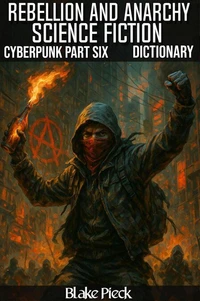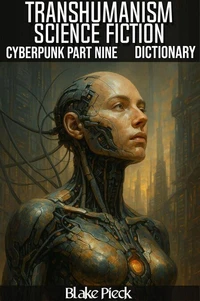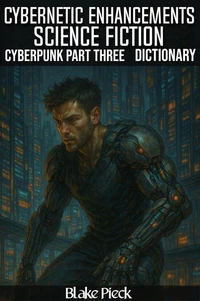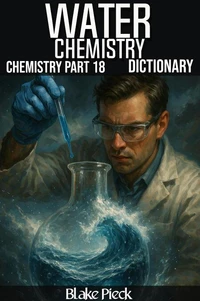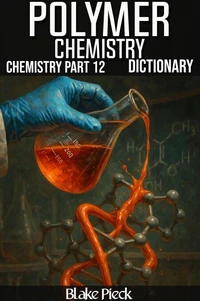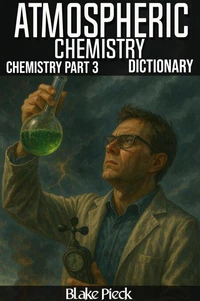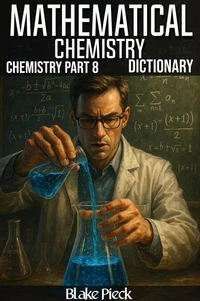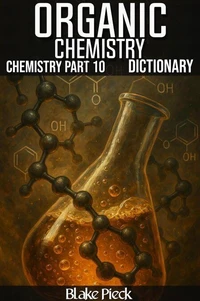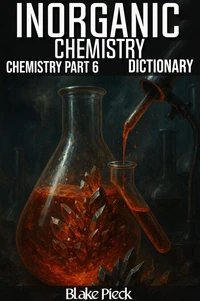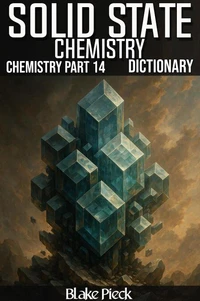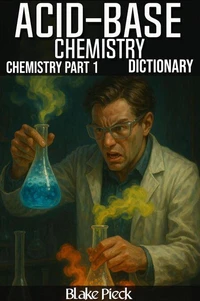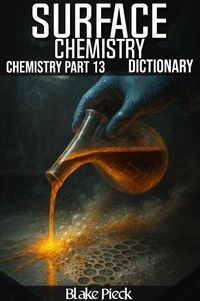Nuclear Chemistry - Chemistry Part 9 Dictionary. Grow Your Vocabulary
Par :Formats :
Disponible dans votre compte client Decitre ou Furet du Nord dès validation de votre commande. Le format ePub est :
- Compatible avec une lecture sur My Vivlio (smartphone, tablette, ordinateur)
- Compatible avec une lecture sur liseuses Vivlio
- Pour les liseuses autres que Vivlio, vous devez utiliser le logiciel Adobe Digital Edition. Non compatible avec la lecture sur les liseuses Kindle, Remarkable et Sony
 , qui est-ce ?
, qui est-ce ?Notre partenaire de plateforme de lecture numérique où vous retrouverez l'ensemble de vos ebooks gratuitement
Pour en savoir plus sur nos ebooks, consultez notre aide en ligne ici
- FormatePub
- ISBN8230059578
- EAN9798230059578
- Date de parution01/09/2025
- Protection num.pas de protection
- Infos supplémentairesepub
- ÉditeurIndependently Published
Résumé
Nuclear chemistry studies the changes that occur within atomic nuclei and the transformations that follow from those changes. It examines processes such as radioactive decay, nuclear fission, and nuclear fusion, along with the particles and energy released in these reactions. This branch of chemistry explains phenomena ranging from the dating of ancient artifacts to the generation of power in reactors and the fusion reactions that fuel stars.
Placed within the larger discipline of chemistry, nuclear study highlights how matter behaves at its most fundamental level. It connects atomic theory with physics, engineering, medicine, and environmental science. By understanding nuclear principles, learners can appreciate both the risks and the applications of nuclear processes in technology, energy, and healthcare. This dictionary gathers the specialized vocabulary of nuclear chemistry into structured and accessible entries.
It covers terms related to isotopes, radiation, nuclear reactions, detection methods, and applications in energy and medicine. Each entry provides clarity and context, supporting students in study, guiding educators in teaching, and offering researchers a dependable point of reference. Using a dictionary as a tool for study reinforces mastery of precise terminology and builds a stronger foundation for advanced learning.
Readers are able to connect complex ideas step by step, making the subject more approachable while retaining scientific depth. With nuclear chemistry shaping both modern technology and our understanding of the universe, knowledge of its language offers lasting value in education and professional practice.
Placed within the larger discipline of chemistry, nuclear study highlights how matter behaves at its most fundamental level. It connects atomic theory with physics, engineering, medicine, and environmental science. By understanding nuclear principles, learners can appreciate both the risks and the applications of nuclear processes in technology, energy, and healthcare. This dictionary gathers the specialized vocabulary of nuclear chemistry into structured and accessible entries.
It covers terms related to isotopes, radiation, nuclear reactions, detection methods, and applications in energy and medicine. Each entry provides clarity and context, supporting students in study, guiding educators in teaching, and offering researchers a dependable point of reference. Using a dictionary as a tool for study reinforces mastery of precise terminology and builds a stronger foundation for advanced learning.
Readers are able to connect complex ideas step by step, making the subject more approachable while retaining scientific depth. With nuclear chemistry shaping both modern technology and our understanding of the universe, knowledge of its language offers lasting value in education and professional practice.
Nuclear chemistry studies the changes that occur within atomic nuclei and the transformations that follow from those changes. It examines processes such as radioactive decay, nuclear fission, and nuclear fusion, along with the particles and energy released in these reactions. This branch of chemistry explains phenomena ranging from the dating of ancient artifacts to the generation of power in reactors and the fusion reactions that fuel stars.
Placed within the larger discipline of chemistry, nuclear study highlights how matter behaves at its most fundamental level. It connects atomic theory with physics, engineering, medicine, and environmental science. By understanding nuclear principles, learners can appreciate both the risks and the applications of nuclear processes in technology, energy, and healthcare. This dictionary gathers the specialized vocabulary of nuclear chemistry into structured and accessible entries.
It covers terms related to isotopes, radiation, nuclear reactions, detection methods, and applications in energy and medicine. Each entry provides clarity and context, supporting students in study, guiding educators in teaching, and offering researchers a dependable point of reference. Using a dictionary as a tool for study reinforces mastery of precise terminology and builds a stronger foundation for advanced learning.
Readers are able to connect complex ideas step by step, making the subject more approachable while retaining scientific depth. With nuclear chemistry shaping both modern technology and our understanding of the universe, knowledge of its language offers lasting value in education and professional practice.
Placed within the larger discipline of chemistry, nuclear study highlights how matter behaves at its most fundamental level. It connects atomic theory with physics, engineering, medicine, and environmental science. By understanding nuclear principles, learners can appreciate both the risks and the applications of nuclear processes in technology, energy, and healthcare. This dictionary gathers the specialized vocabulary of nuclear chemistry into structured and accessible entries.
It covers terms related to isotopes, radiation, nuclear reactions, detection methods, and applications in energy and medicine. Each entry provides clarity and context, supporting students in study, guiding educators in teaching, and offering researchers a dependable point of reference. Using a dictionary as a tool for study reinforces mastery of precise terminology and builds a stronger foundation for advanced learning.
Readers are able to connect complex ideas step by step, making the subject more approachable while retaining scientific depth. With nuclear chemistry shaping both modern technology and our understanding of the universe, knowledge of its language offers lasting value in education and professional practice.

